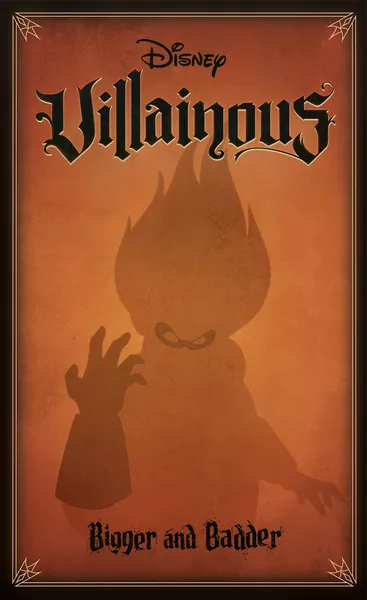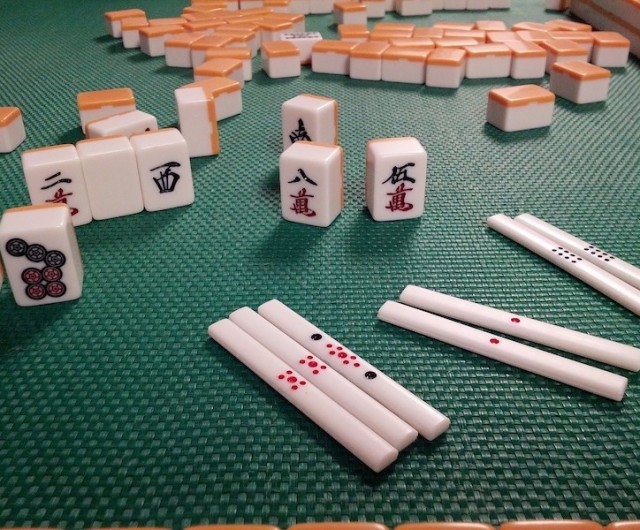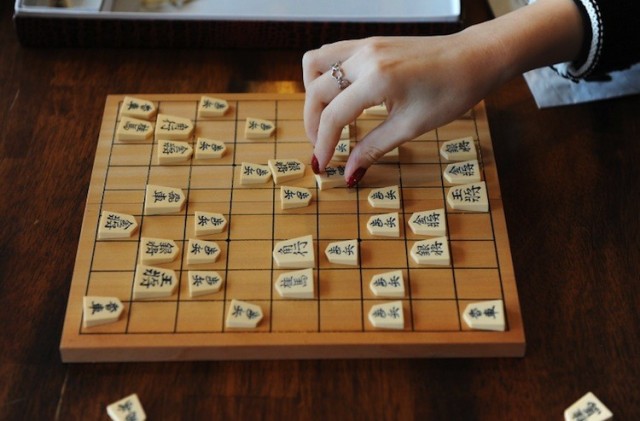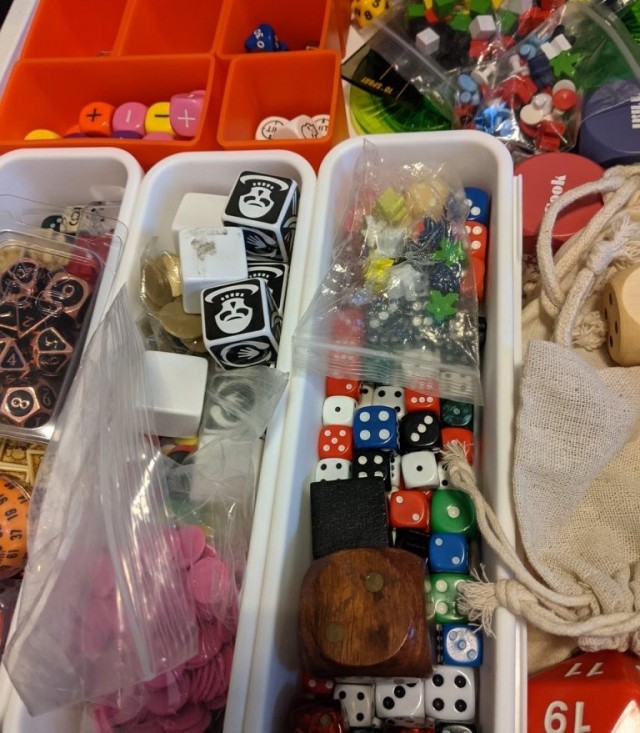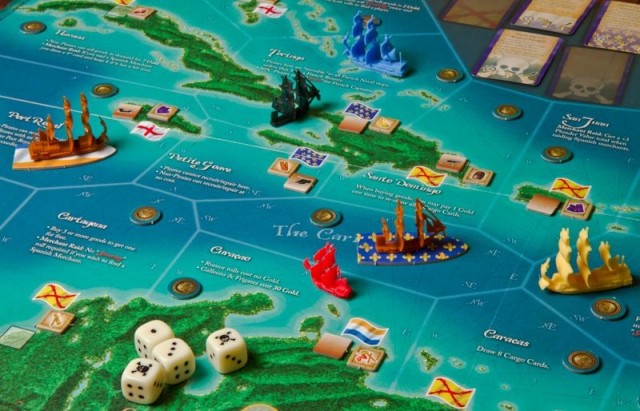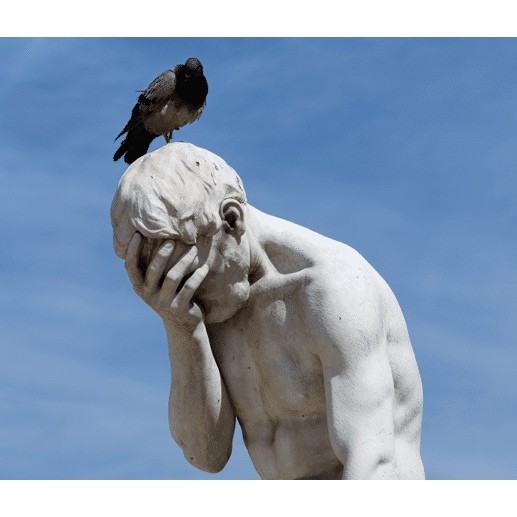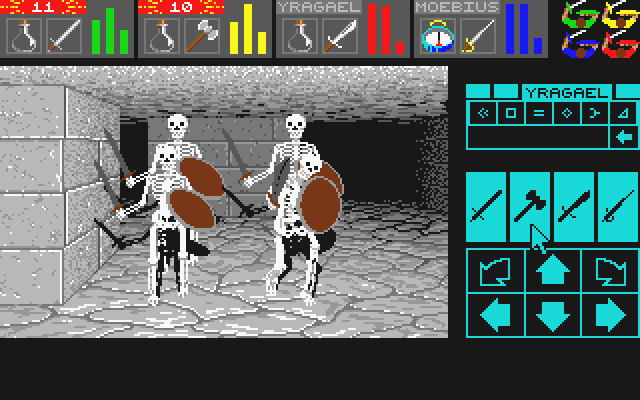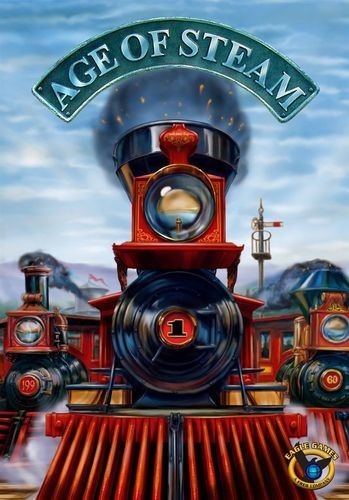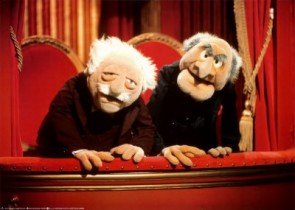A couple of weeks ago, I read Greg Schloesser’s review of UTOPIA over at Boardgamenews.com and I wasn’t surprised to see that the author had applied his usual, community-appeasing tactic of failing to present anything approaching a committed opinion or tangible insight into his critical evaluation of the game. I’ve often doubted that Mr. Schloesser plays the games he is sent to review and his comment that UTOPIA, with its conceit of impressing a royalty figure through building projects, had an original theme made me consider the possibility that his “review” template could be as much as ten years old. Glancing over the review, the few attempts at inserting a solid opinion seem to fall completely flat- “I really enjoy the challenge of optimally using the cards to perform the actions necessary to achieve these goals” or “I find the design clever, and the challenges it presents intriguing” could, in fact, be applied to any number of board game designs produced over the last twenty or so years. I’ve always said that recounting core rules in a bullet-pointed list doesn’t make for a game review, but can these feeble and almost entirely generic comments constitute anything approaching critical evaluation? And what’s worse, does an overall lack of authoritative viewpoints or serious and impartial criticism coming from somewhere other than a street level actually harm our hobby?
I’ve been thinking a lot lately about the type of journalism and commentary we see in the board gaming hobby and along with Mr. Schloesser’s review, a conversation I had with W. Eric Martin and Ryan Bretsch put certain aspects of the role criticism plays in our hobby into sharp perspective. We were discussing “Gateway Games” and as part of the conversation, the question of personal taste came up, and both Eric and Ryan fell back upon the notion- which we have seen time and time again throughout hobby discourse- that personal opinion and insight are somehow sublimated to the prime virtue of respecting and accommodating individual taste and differences in preference. The result is that critical opinions in the hobby (and at least those voiced by some of its most prominent spokespeople) tend to be informed more by “what will other people think” than “this is what I think”.
Most reasonable and respectable people live their lives following the “different strokes” model, and that is certainly a laudable practice that absolutely provides a good model for divergent human relationships and interests. But that model isn’t one upon which any type of artistic, literary, or media criticism should be founded because the result is that opinions and reasoned criticism become irrelevant and ultimately pointless in the face of what others think- the author/critic effectively removes himself or herself from the discussion by cowing to public opinion and the possibility that their perspective might not be validated by the larger community. “Not my cup of tea, but others may find it intriguing”- what have you really told me when I read that in your review? If you can’t take a stand on what your thoughts, feelings, and insights are into the game, then why did you bother writing about it? When I read a review, I don’t want to hear what others may like. I want to know what the author liked and I want a reasoned, intelligent defense that tells me what I can expect from a game- as seen from the perspective of the author. Can you imagine a literary critic, a video game critic, a film critic wrapping up their opinion with a softball pitch that basically absolves the author of any responsibility for their review by basically stating that their opinion is fundamentally worthless? There would be no sense of authorship, personality, or integrity and critical traditions would be almost completely disarmed- just like they have been in our hobby.
I think that’s just one of the reasons that criticism in the board gaming hobby is a failure and it’s something we can link back to a number of factors- familiarity or relationships with designers and publishers seems to be a key culprit- but I think too that there is a serious lack of anyone in the hobby who really has any sense of a singular viewpoint or an authoritative position. The Internet has democratized a lot of criticism, but with handing over the reigns of evaluation and appraisal to the masses I think a lot has been lost. Now, amateur opinions seem to hold as much weight and authority as academic ones and if some guy who’s barely been in the hobby for a year posts a scathing review of a title that review bears much more significance given the Internet’s ability to amplify and exaggerate negative traits and shortcomings to deafening levels. There’s almost zero professionalism in hobby journalism and it is almost entirely in the hands of amateurs.
Which isn’t necessarily a bad thing, and I’m definitely of the opinion that democratization and the wider dissemination of ideas is a good thing. However, I do believe that our hobby suffers by not having a body of professional writers or opinion-makers who are not so entrenched in the community aspect of the hobby, individuals whose interests in the success and failure of friends’ designs or favored publishers effectively remove them from the political correctness and sense of responsibility to the community that many board game writers seem to express. There’s all too often a feeling of tip-toeing, an expectation that easily damaged sensibilities are waiting in the wings and that it’s just not the done thing to be bold, vocal, and brutally honest when the need arises.
Now, obviously, I am a board game writer and I write reviews and opinion pieces on a weekly basis and on a paid, professional level. With my column at Gameshark.com I have what is more than likely one of the most mainstream voices in hobby journalism for right now. And that is something that, although I firmly believe that this hobby is first and foremost about having fun, I take very seriously. I feel I have a responsibility to be honest, critical, responsive, and in fact authoritative when I publish an article. I also feel that I have a responsibility to represent an authorial voice and to establish my positions and support them with sound reasoning from my own experience and appreciation of the hobby. If that doesn’t jibe with the established politics, thought processes, or evaluations of the larger hobby community then I hope that it at least generates discussion and debate because that is ultimately the point of criticism- to create thought and provide insight into the many possible ways about how we can think about a medium.
I think a lot of people fail to recognize criticism for what it is and assume that it’s all about somebody telling something else what they should or shouldn’t like- that’s bad criticism and isn’t helpful for anyone. Good critics demonstrate to the audience how and why they- as individuals and all that entails- approach a work and evaluate it. This can lead the audience to appreciate something more thoroughly or to think beyond basic impulses and figure out how and why certain aspects of the object succeed or fail. It can also galvanize our own divergent opinions, strengthen our own contrary convictions, or even understand a little more why some folks have different strokes.
In our hobby however, it seems that many look to criticism more for validation and verification of their own viewpoints than anything else. Witness the outcry over the many negative comments (including my own) regarding RACE FOR THE GALAXY. The dread specter of groupthink, an unfortunate side-effect of internet-generated intellectual democratization, spun out of control and the general consensus was that there was something wrong with you if you couldn’t see the subtle and highly developed level of player interaction apparently involved in watching another player play cards that many obviously enlightened gamers . The comfort of joining a chorus of other armchair pundits, observers, and opinion-makers provides a feeling of belonging, togetherness, and community that standing apart and having a solid, individual, and singular opinion often does not.
When I think back to some of the more prominent board game writers and critics that I have really enjoyed reading and have in fact been inspired by, I don’t see the names like Schloesser, Vasel, or Thornquist- I see names like Mike Siggins, Chris Farrell, and even Richard Berg. The common thread is that these individuals are highly critical and often present viewpoints and perspectives that completely fly in the face of the concerns of community and political correctness offered by the more polite reviewers. I’ve found their opinions- along with those expressed by many lesser-known but no less outspoken and rigorously critical writers out there- to be much more interesting, inspiring, and ultimately beneficial to the betterment of the hobby and its progress than the countless glad-handing, generic attempts at back-patting, and appeals to sensitivity I’ve seen in a lot of supposed reviews of board games, often by writers credited with bringing a lot of people into the hobby or cited as influencing purchasing habits.
I think criticism of board games, which has exploded over the past 20 years thanks of course to the internet, has been overall a failure. No doubt, there’s thousands (millions?) of reviews out there, but how much actual criticism or real evaluation of trends, ideas, concepts, and contextualization? This week at Gameshark.com I’m going to be running a review for RISK: BLACK OPS (I didn’t sell mine for $410.00 on Ebay like Mr. Schloesser did his shrinkwrapped copy) and an interview with designer Rob Daviau. When I sat down to write about the game, one of the main things I thought was really important was to express how I- as a gamer, writer, reviewer, and critic- feel that this is a really significant and important thing that RISK has been changed and officially updated for a new generation. It is one of the most important games in the lineage that modern board game design represents, it has a huge cultural identity outside of the hobby, and it represents a very respectful yet modern approach to revitalizing the game. What’s more, I have to write with the understanding that the Gameshark.com reader may not be aware of the fact that RISK represents this lineage and in fact a pathway to a larger world of gaming. I have a responsibility to present this game in a context and examine what it means to the reader and not just give a comfortable, easy opinion that will be safe for Rob Daviau and the board gaming community without fear of getting their feelings hurt.
I also think that this hobby is capable of so much more than it achieves and that the inability of some of its most prominent voices to form opinions and real criticism not only about particular titles or types of games but the hobby itself as well does nothing good for it. The viewpoints that “They’re all just games at the end of the day” or that “we all like different games” are absolutely, without a doubt, the right way to approach our day-to-day lives in the hobby and I don’t think any reader of Fortress: Ameritrash or any other board gaming websites would disagree or dispute those concepts. However, when we look at the kinds of formal evaluation, appraisal, and review that comprise the laughable body of board game criticism, we as hobbyists should not be satisfied with that which falls back on populist and politically correct notions that serve to discredit and diffuse honest, reasoned, and singular opinions delivered with authority, passion, integrity, and a real sense of authorial voice.
In parting, writing this article made me think about Pete Hammond, former film critic at Maxim Magazine. If you look at pretty much any movie poster over the last 5-10 years, chances are you’ll see a Pete Hammond quote on it. “WOW! BANG! WILL SMITH DELIVERS THE GOODS! BOO-YA!” or “ONE OF THE GREATEST AMERICAN MOVIES I’VE EVER SEEN- YOU WILL BE CHEERING UNTIL YOUR MOUTH BLEEDS!” What good is all that folderol? None- neither for the audience nor for the studio, although I’m sure the free marketing taglines are appreciated and somebody on the fence about seeing some terrible Ice Cube comedy might feel that their choice is validated by a major film critic. Do these comments- delivered by a professional film critic- give him any authority or integrity? Of course not. His “criticism” mostly consists of meaningless sloganeering and attention-grabbers that are tailor-made for inclusion on a movie poster. There’s nothing that promotes the film medium or its betterment- only hollow, generic comments delivered without any real passion or insight, only visibility. Kind of like a Greg Schloesser interview turned up to 11.
 Games
Games How to resolve AdBlock issue?
How to resolve AdBlock issue? 
